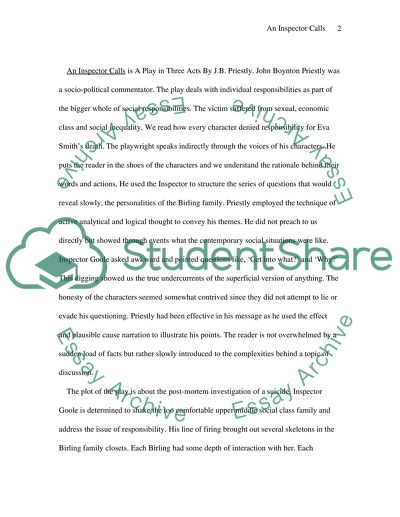Cite this document
(“An Inspector calls by J.B. Priestly Book Report/Review”, n.d.)
Retrieved from https://studentshare.org/sociology/1519293-an-inspector-calls-by-jb-priestly
Retrieved from https://studentshare.org/sociology/1519293-an-inspector-calls-by-jb-priestly
(An Inspector Calls by J.B. Priestly Book Report/Review)
https://studentshare.org/sociology/1519293-an-inspector-calls-by-jb-priestly.
https://studentshare.org/sociology/1519293-an-inspector-calls-by-jb-priestly.
“An Inspector Calls by J.B. Priestly Book Report/Review”, n.d. https://studentshare.org/sociology/1519293-an-inspector-calls-by-jb-priestly.


